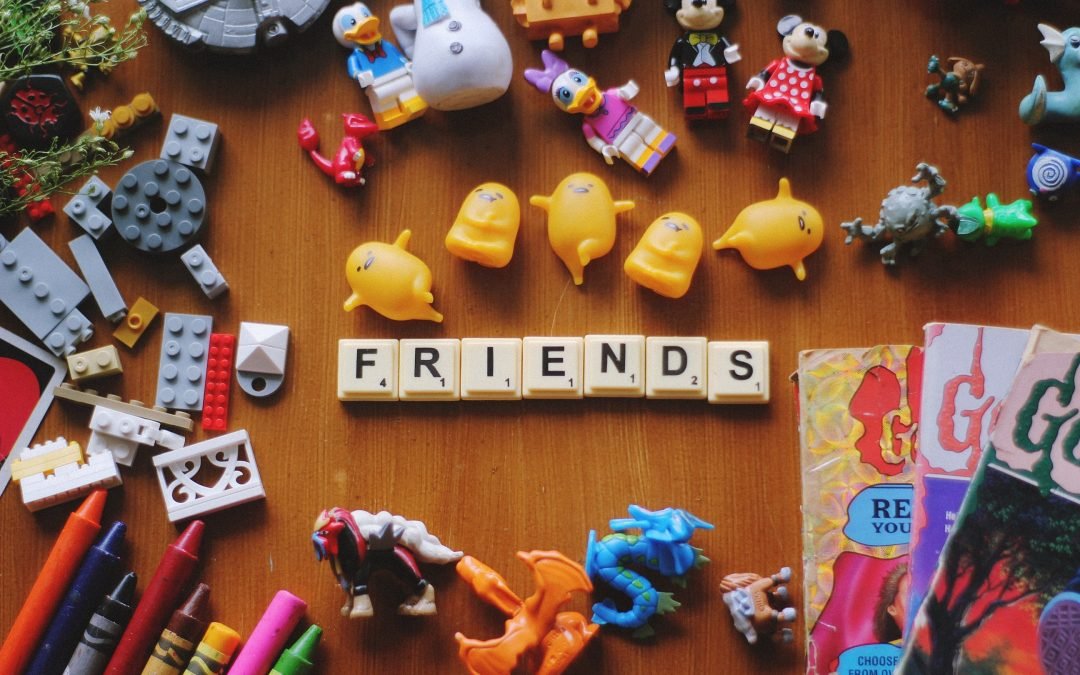As parents, we often face the challenge of guiding our tweens through the intricacies of friendship dynamics. From navigating social hierarchies to understanding the importance of inclusivity, these years are pivotal in shaping our children’s social skills and emotional resilience. In this blog post, we’ll explore practical strategies for cultivating inclusive friendships while empowering parents and tweens.
Understanding the Importance of Inclusivity
Research in child psychology consistently highlights the significance of inclusivity in fostering healthy friendships. According to a study published in the Journal of Child Psychology and Psychiatry[link], children who experience a sense of belonging and acceptance in their peer groups exhibit higher levels of self-esteem and emotional well-being.
Empowering Tweens to Lead with Kindness
One of the most powerful tools we can equip our tweens with is empathy. Teaching them to understand and appreciate the perspectives of others lays the groundwork for building inclusive friendships. As Dr. Brené Brown, a renowned researcher and author, eloquently puts it, “Empathy has no script. There is no right way or wrong way to do it. It’s simply listening, holding space, withholding judgment, emotionally connecting, and communicating that incredibly healing message of ‘You’re not alone.'”
Navigating Friendship Dynamics Together
Parents, you play a crucial role in guiding your tweens through the ups and downs of friendship dynamics. Encourage open communication by creating a safe space for your child to express their thoughts and feelings. Remember, it’s okay for friendships to evolve and change over time. As Maya Angelou once said, “I’ve learned that people will forget what you said, people will forget what you did, but people will never forget how you made them feel.”
Practical Strategies for Cultivating Inclusive Friendships
- Lead by Example: Show your child the importance of inclusivity by demonstrating kindness and acceptance in your own interactions.
- Encourage Diversity: Encourage your tween to seek out friendships with peers from diverse backgrounds, fostering a culture of acceptance and appreciation for differences.
- Build Resilience: Remind your child that it’s normal to experience challenges in friendships and that resilience is built through adversity. As Dr. Seuss famously said, “Why fit in when you were born to stand out?”
- Practice Active Listening: Teach your tween the importance of listening attentively to their friends’ thoughts and feelings, fostering empathy and understanding.
Reflection: Reflect on a time when you felt truly accepted and included by your friends. What qualities or actions made you feel this way, and how can you apply them to your friendships?
Follow-Up Action Plan: Download and complete the “Friendship Reflection Worksheet” attached below. Use it as a tool to reflect on your current friendships, identify areas for growth, and set actionable goals for building more inclusive relationships.
Conclusion
Cultivating inclusive friendships is a journey that requires patience, empathy, and open communication. Empowering parents and tweens with practical strategies and a resilient mindset can create a supportive environment where every child feels valued and accepted for who they are. Together, let’s nurture a generation of compassionate and inclusive individuals who will positively impact the world around them.
[DOWNLOAD>>]
Friendship Reflection Worksheet [ADD LINK HERE]
